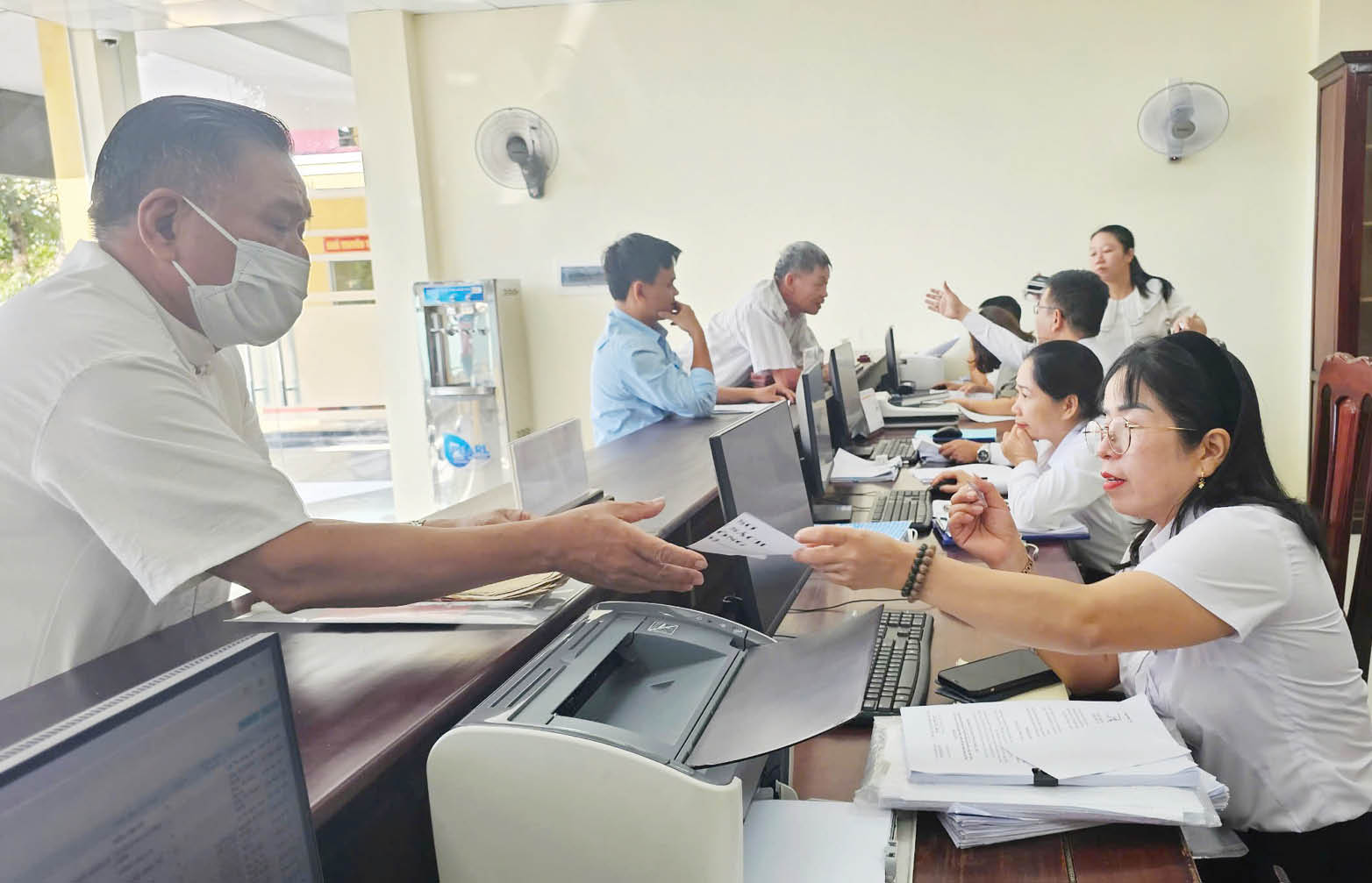 |
| Resolving administrative procedures for people at the Public Administration Service Center of Thuy Xuan Ward |
Professional training
Mr. Vo Dang Thai, Head of the Culture - Social Department of Thuy Xuan Ward, used to hold the position of Chairman of the People's Committee of the old Thuy Bieu Ward. His management experience and decisiveness at work are advantages that help him quickly adapt to his new tasks. However, in his advisory role, he has to face many challenges. In particular, many areas previously managed by the district level have now been transferred to the commune and ward levels, requiring in-depth knowledge and multi-disciplinary understanding. "There is no other way but to promote experience, learn and research professional documents and materials to complete the task well," Mr. Thai shared. This is also the common picture of many ward and commune officials after the rearrangement, having both the advantage of experience and facing challenges in specialized requirements.
In Vy Da ward, the ward's apparatus currently has 42 people, and all departments and offices are basically fully staffed. Ms. Vo Thi Anh Thu, Chairwoman of Vy Da ward People's Committee, said that because the city has not yet assigned an official staffing quota, it is difficult to determine whether there is a shortage or surplus. The assignment of tasks is based on the old project, so the overlap in job positions is somewhat limited. Some cadres hold many different jobs but still strive to fulfill their tasks. The ward's consistent viewpoint is "however difficult it is, we will solve it", giving maximum priority to serving the people and businesses.
According to Mr. Nguyen Van Manh, Director of the Department of Home Affairs, after more than two months of operating the CQDP2C model, the organizational apparatus has been gradually improved and put into operation in a disciplined manner. Specialized departments and public service units have been clearly assigned, and cadres have basically maintained their ideology and actively coordinated to complete their tasks. Administrative reform has been promoted, and people's satisfaction rate has increased. However, there are still certain limitations. Some communes and wards lack civil servants with in-depth knowledge of construction licensing, planning appraisal, land management, and education . Some areas have too much work but lack of people, such as: household registration, information technology. The public administrative infrastructure system is sometimes slow and congested, and people are not used to online transactions.
According to Mr. Nguyen Van Manh, the Central Government will soon issue a document directing the review and assessment of staff placement, from which to classify and screen according to specific criteria. On that basis, the Department of Home Affairs will advise the City People's Committee to develop a solution plan for each subject. When the Ministry of Home Affairs issues a decree defining job positions, the arrangement and restructuring of staff and civil servants will have a clearer basis. In parallel, the Department will organize training courses, professional development, focusing on state management skills, digital skills, and innovation knowledge.
In the immediate future, the city will continue to implement Plan 235-KH/TU and Decision 35/QD-UBND on training and fostering cadres, civil servants and public employees in 2025. In the coming time, based on Article 14 of Decree 178/2024/ND-CP on training and fostering policies to improve the qualifications of cadres, civil servants and public employees after the merger and the results of the review after the rearrangement, the Department of Home Affairs will guide agencies and units to determine training needs according to job positions, especially for commune and ward-level cadres to develop a plan to improve qualifications, meeting task requirements. On that basis, the Department will advise the City People's Committee to issue a training plan for the period 2026 - 2030, ensuring that the cadres and civil servants after the rearrangement meet the tasks in the new situation.
Standardizing professional expertise and public ethics
Deputy Secretary of the City Party Committee and Chairman of the City People's Committee Nguyen Van Phuong said: Converting to the 2C model requires a streamlined apparatus, multi-functional staff, and professional behavior in all public service interactions.
The city will continue to review and evaluate public service capacity and ethics, publicize the process of handling documents, and promote digital transformation. At the same time, it will have a strategy to select good people, retain talented people, and create a public service environment that promotes dedication and integrity.
According to Chairman of the City People's Committee Nguyen Van Phuong, commune and ward officials and civil servants are the ones who directly organize implementation and communicate with people and businesses; therefore, it is necessary to standardize both professional expertise and public ethics. In the human resource development strategy, Hue City focuses on arranging and assigning civil servants appropriately, to the right people, to the right job; at the same time, organizing regular training courses on law, administrative skills, and communication. The goal is to form a "service administration" team, close to the people, with a clear understanding of the work, creative and ready to take responsibility. Public ethics, sense of responsibility and professional, friendly working culture are considered important measures. At the same time, developing soft skills such as standard communication, handling situations, listening to people's feedback. Another key task is training on digital transformation, the city requires officials to be proficient in technology, using management software, and online public services. This is a condition to reduce procedures and increase service efficiency.
Source: https://huengaynay.vn/chinh-tri-xa-hoi/ra-soat-can-bo-xa-phuong-lam-co-so-dao-tao-boi-duong-157782.html




![[Photo] General Secretary To Lam chairs the meeting of the Central Steering Committee on preventing and combating corruption, waste and negativity](https://vphoto.vietnam.vn/thumb/1200x675/vietnam/resource/IMAGE/2025/9/29/fb2a8712315d4213a16322588c57b975)





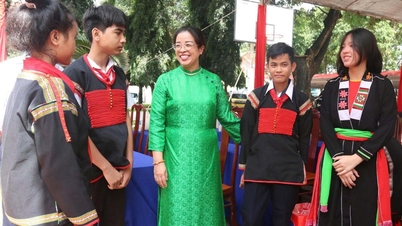


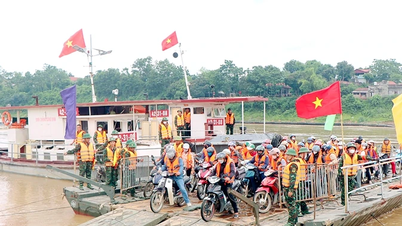

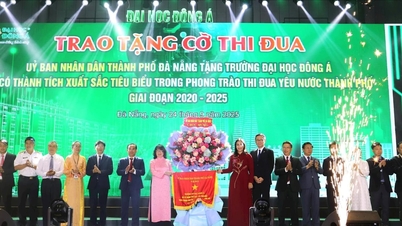





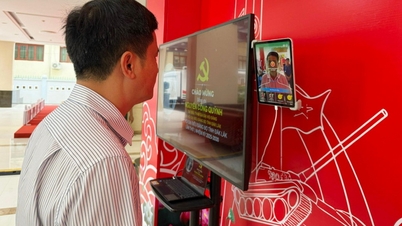



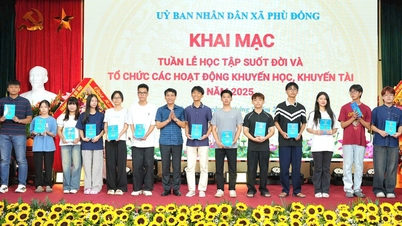
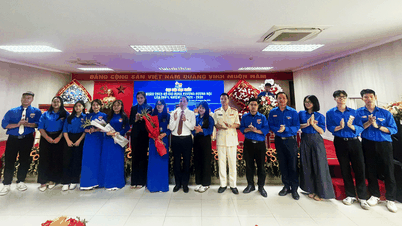
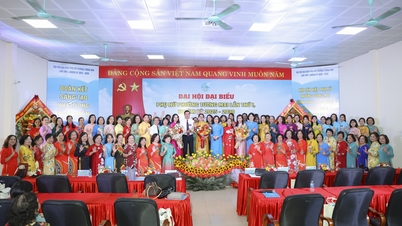






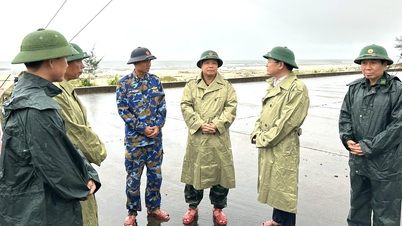
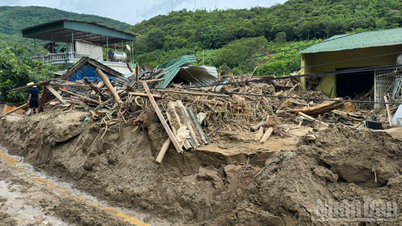

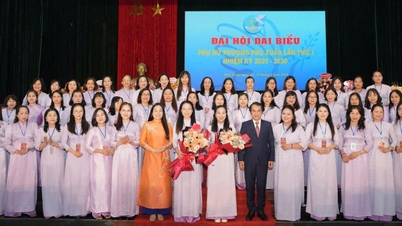









































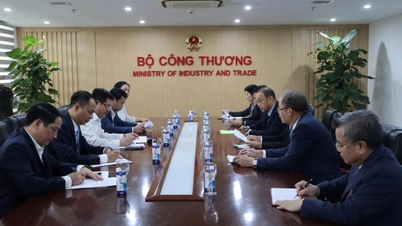









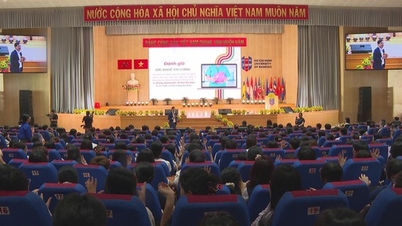
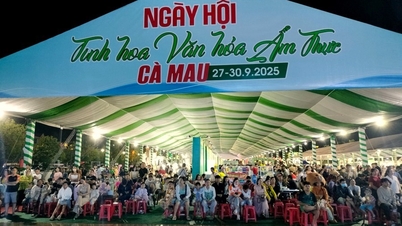












Comment (0)